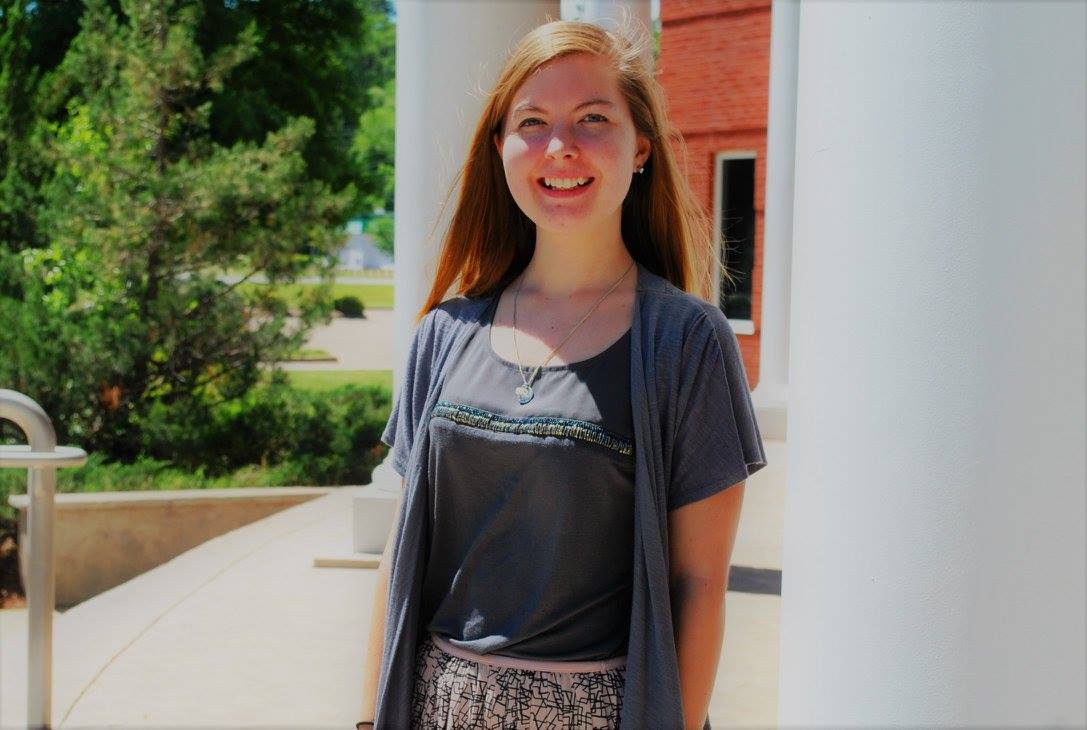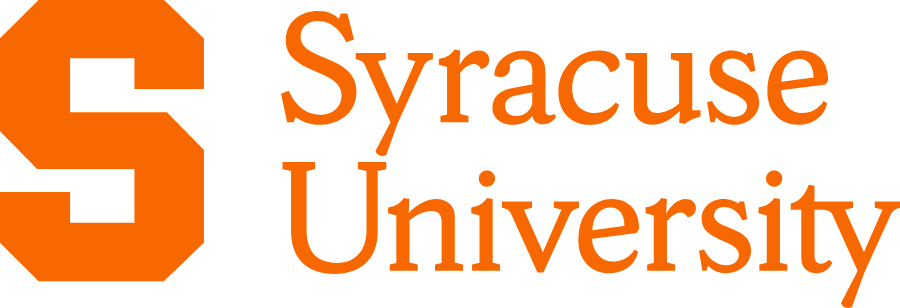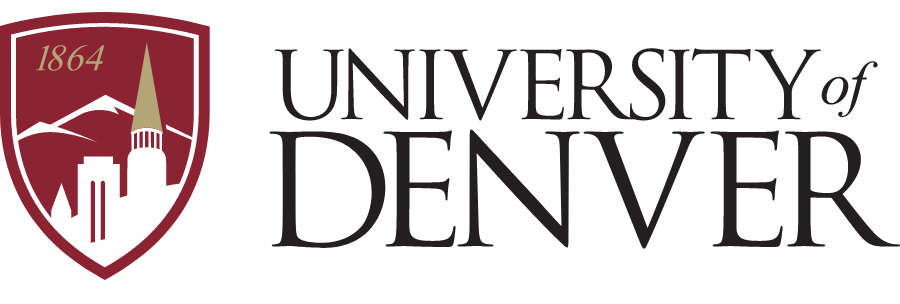All across America, millions of library workers are providing valuable services to people of all ages, races, beliefs, creeds, and cultural backgrounds. At the library, people can find what they need, whether that is a book, an internet connection, a helpful guide in the world of technology, a specific resource, literacy development, or even just a quiet, dry place to simply exist. Librarians provide such a wide range of assistance and services to the communities they serve, which is why having qualified and knowledgeable librarians at the helm of America’s libraries is important.
To ensure librarians are adequately trained and prepared to provide a variety of services to their communities, different states have specific requirements and protocols for future librarians to meet in order to be qualified. The state of Colorado is no different – for prospective librarians who want to find library employment in Colorado, whether they’re seeking positions in public service, K-12 schools, or academic libraries, must adhere to specific requirements in order to do so.
ADVERTISEMENT
Syracuse University
Master of Science in Library and Information Science Online
Syracuse University offers an online MS in Library and Information Science. The program can be completed in 18 months and includes the option to specialize in School Media or customize the program to align with your professional goals. No GRE is required.*
University of Denver
Master of Library and Information Science Online
University of Denver’s Morgridge College of Education offers an online, ALA-accredited Master of Library and Information Science program. Learn from practitioners and gain the service-based skills needed to connect communities with information in the digital age. No GRE is required.*
St. John’s University
Online Master of Science in Library and Information Science
Gain the advanced expertise that information specialist positions require with the online M.S. in Library and Information Science program from St. John’s University. Achieve your career goal by selecting from one of the following specializations:
Arizona State University
M.Ed in Learning Design and Technologies
Create literacy programs and curricula that fully incorporate digital technology and include themes of social justice.
How to Become a Public Service Librarian in Colorado
The mission of Colorado State Library, the overarching governing institution for all public library systems in the state of Colorado, follows a simple mission: “The Colorado State Library (CSL) helps libraries, schools, museums, and other organizations improve services, making it easier for all Coloradans to access and use the materials and information they need for lifelong learning.”
The Colorado State Library expands on this mission further by describing the different resources and tools they have available to help citizens with different needs. For example, Colorado’s libraries seek to offer professional development for library workers to ensure they’re abreast of the latest trends and needs in public libraries, services to assist citizens with limited literacy skills, and resources to assist citizens with limited vision, just to name a few.
Unlike some other states, Colorado’s requirements for becoming a full-fledged librarian are slightly less intensive.
- Earn a high school diploma (or equivalent diploma, such as a GED).
- Complete 2000 hours of paid or unpaid library work within five years, plus an additional 240 contact hours in specific competency areas.
One reason why Colorado’s librarian requirements differ so much from other states is the size of service areas. According to information gathered by the Colorado State Library, “Eighty-two (or 73%) public library jurisdictions are considered small and/or rural, serving populations under 25,000 and nearly 8% of all Coloradans. These public libraries have 111 of 271 library buildings in the state.” When considering the scope and size of Colorado, this makes sense – the midwestern state is vast and the terrain varies, creating smaller service areas where smaller towns exist.
In larger service areas, more requirements that may seem a little more familiar are often in place, depending on the institution, such as…
- Completion of a bachelor’s degree in any subject area (could be in library and information science, but this isn’t necessarily a requirement).
- Completion of a Master of Library and Information Science degree (MLIS). This is typically a requirement for librarians looking at management or administrative positions, such as library director. Also similarly to other states, Colorado librarian positions requiring an MLIS may or may not prefer one from a program that is American Library Association (ALA) accredited – it is always best to check between different institutions’ hiring criteria to determine which MLIS program is best.
How to Become a K-12 School Librarian in the Colorado
K-12 school librarians are often very central positions within the schools they serve. This is because they typically come into contact with everyone in the building – students and faculty alike!
To ensure prospective K-12 school librarians are adequately prepared to provide library and educational services to the state’s school populations, the Colorado Department of Education has a specific series of requirements a K-12 school librarian must meet in order to seek employment:
- Earn a bachelor’s degree from an accepted institution of higher education;
- Hold a Colorado initial, alternative, or professional teacher license;
- have completed an approved program in library science or the equivalent, including field work in…
- diverse K-12 settings and grade levels and a supervised practicum or internship which includes both elementary and secondary school library experience (the practicum or internship may be waived by the accepted institution upon comparable teacher-librarian experience as determined by the educator preparation program);
- have demonstrated knowledge and performance competency including but not limited to those listed on the Colorado State Library’s website.
- Pass the endorsement certification testing. In Colorado, this is the Praxis II exam with a Library Media Specialist focus, #5312. The minimum passing score to qualify for endorsement is a 148.
Similarly to public service librarians, prospective K-12 school librarians do not necessarily have to complete an MLIS degree in order to gain a teacher librarian endorsement from the state. However, an MLIS program focused on K-12 school librarianship is a pathway that will ensure candidates meet all the requirements for teaching licensure and the teacher librarian endorsement required to hold the position.
ADVERTISEMENT
Syracuse University
Master of Science in Library and Information Science Online
Syracuse University offers an online MS in Library and Information Science. The program can be completed in 18 months and includes the option to specialize in School Media or customize the program to align with your professional goals. No GRE is required.*
University of Denver
Master of Library and Information Science Online
University of Denver’s Morgridge College of Education offers an online, ALA-accredited Master of Library and Information Science program. Learn from practitioners and gain the service-based skills needed to connect communities with information in the digital age. No GRE is required.*
St. John’s University
Online Master of Science in Library and Information Science
Gain the advanced expertise that information specialist positions require with the online M.S. in Library and Information Science program from St. John’s University. Achieve your career goal by selecting from one of the following specializations:
Arizona State University
M.Ed in Learning Design and Technologies
Create literacy programs and curricula that fully incorporate digital technology and include themes of social justice.
How to Become an Academic Librarian in Colorado
Colorado’s requirements for future academic librarians to meet are quite similar to many other states across America. Academic libraries exist within colleges and universities all across the state; depending on their size and how many departments exist within any given school’s facilities, they may require different standards for their librarians to meet for employment there.
The basic set of requirements include…
- A bachelor’s degree in any given subject area. A bachelor’s degree in library and information science isn’t necessarily a requirement.
- A completed MLIS degree. This may or may not need to be earned from an ALA-accredited program – it is best to check with different college and university libraries’ hiring preferences, as they may vary between institutions.
- It is important to note that some academic libraries require their librarians to have additional degrees in certain subject areas and disciplines to better serve the highly-specific communities using their facilities. For example, a large university library with a collection dedicated entirely to the school’s music program may prefer to hire academic librarians who hold additional degrees in performance or music themselves. This additional knowledge, on top of an MLIS degree, makes these academic librarians highly-qualified to assist students and faculty in a music-focused research setting.
Like other states, Colorado has its own branch of the Association of College and Research Libraries, the Colorado Academic Library Association (COALA) and the Colorado Alliance of Research Libraries (CARL). These associations offer a variety of resources for current and prospective academic librarians in the state of Colorado, including professional development opportunities, networking events, links to Colorado-specific library resources, webinars, and more.
Other Helpful Resources and Links for Prospective Colorado Librarians
Working toward the requirements necessary to become a librarian in Colorado (or any state, for that matter) can seem a little confusing and overwhelming. Prospective librarians trying to find information can use these helpful resources to aid their education and career planning efforts:
- A list of the Colorado State Library’s Library Services and Programs: This comprehensive list from the CSL helps library workers understand the specific services and initiatives the state library (and by default, all the community library systems in Colorado) seek to provide the state’s citizens.
- ALA’s Joblist Board for Colorado: This helpful job board hosted by the ALA keeps an updated list of various library positions available throughout the state of Colorado. The job board contains opportunities in public libraries, K-12 school libraries, academic libraries, and other specialized library facilities.
- The Colorado Department of Education’s Checklist for a Highly Effective School Librarian: This list contains the complete standards expected of a highly qualified K-12 school librarian in the state of Colorado. It also contains links to other helpful resources for school librarian requirements, standards checklists, the AASL standards, a teaching degree programs guide, and more.
- The Colorado Association of Libraries (CAL): This is the statewide group supporting all Colorado librarians of different fields. The CAL serves as a place for all the state’s librarians to join together for networking, conferences, discussion, information sharing, and more. They offer yearly conferences and professional development opportunities for library school students as well as established professionals already in the field, as well as events specifically designed for K-12 school librarians, academic librarians, and public service librarians.




